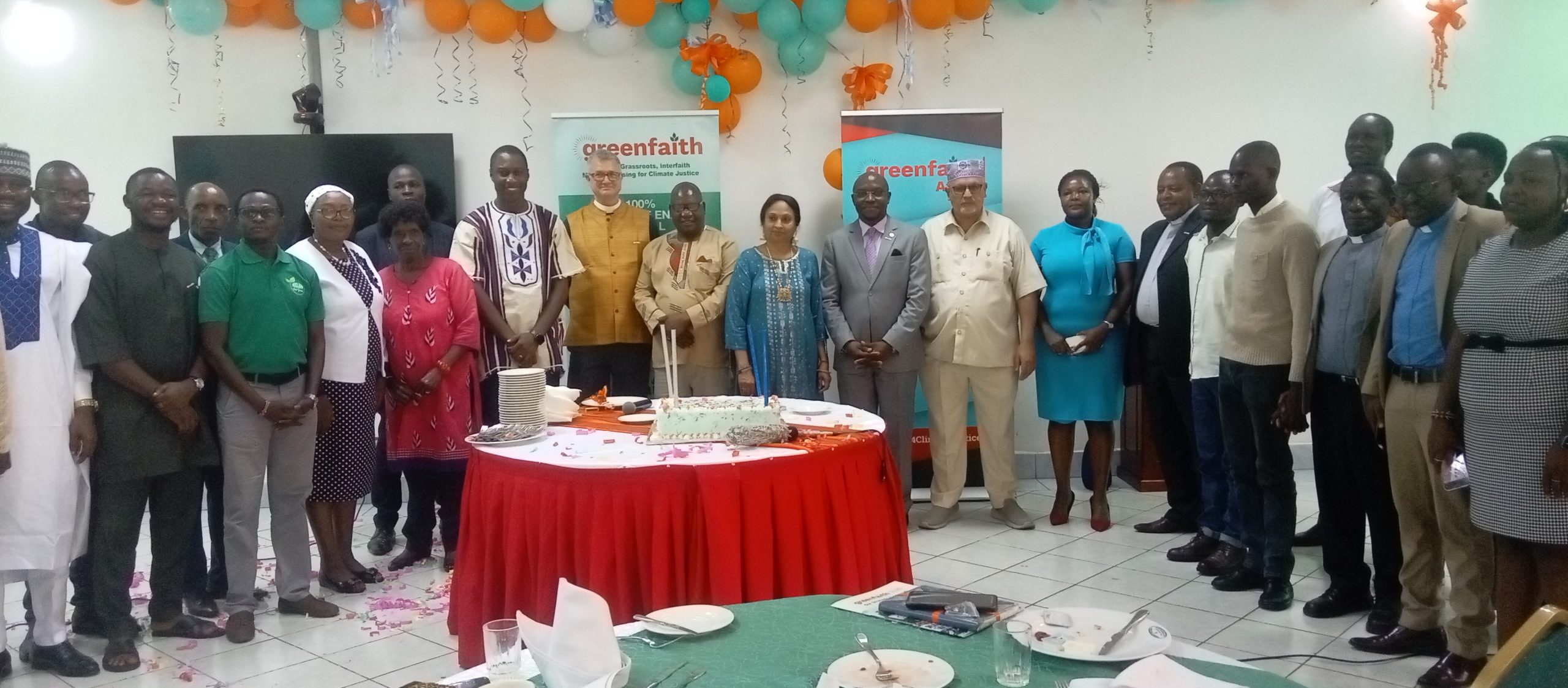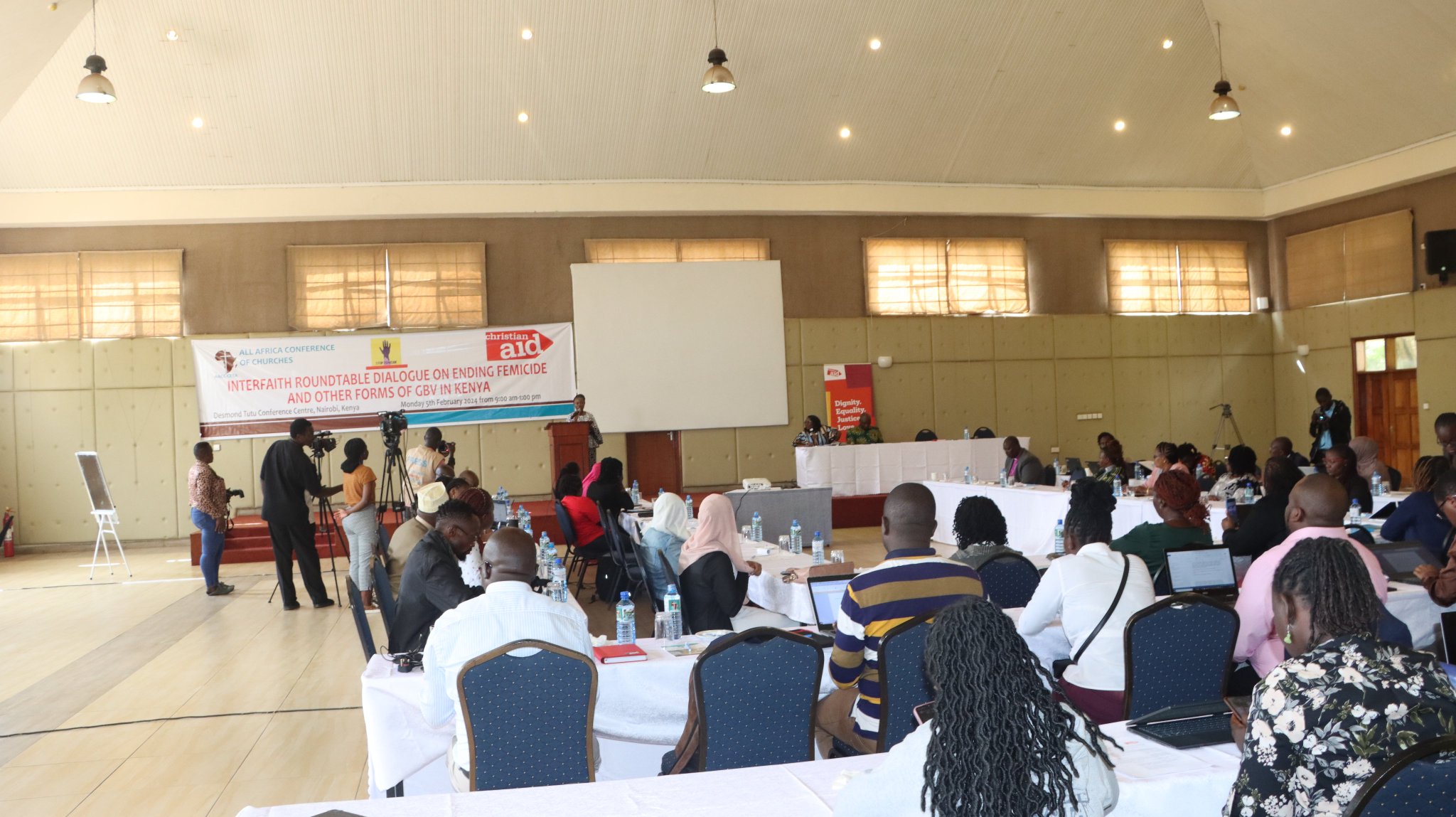By Eddah Waithaka
Across East Africa, the annual celebration of National Donkey Day on 17 May shines a spotlight on the unsung heroes of livelihoods – donkeys. With events taking place in countries such as Kenya, Tanzania, South Sudan and Somaliland, the day serves as a poignant reminder of the indispensable role these gentle animals play in sustaining communities, especially in arid regions.
In recognition of their importance, the celebrations highlight the need to care for and value donkeys, especially the women who rely heavily on them for their daily sustainance and well-being.
As National Donkey Day unfolds across East Africa this year, two key milestones stand out amidst the celebrations.
Firstly, Brooke-Action for Working Horses and Donkeys, a respected animal welfare charity, is celebrating a remarkable 90 years of providing hope and support for equines.
Secondly, the recent AU ban on the trade in donkey hides is a significant change. This ban, adopted during the 37th Ordinary Session of the African Union Assembly in Addis Ababa, Ethiopia, symbolises a crucial step towards protecting these invaluable animals and ensuring their future
This year’s National Donkey Day theme “The Year of Donkey Species Preservation in Africa,” highlights the critical role donkeys play in supporting livelihoods.
In Kenya, various stakeholders and owners of donkeys held a procession at Githunguri in Utawala, Nairobi to raise awareness of the need to take care of donkeys and to value them.
After the procession donkey owners brought their Donkeys in for vaccinations and to have their hooves trimmed.
Also Read:https://switchmedianews.wordpress.com/2024/05/17/south-sudan-opposition-unites-with-government-inhistoric-peace-pact/
In the face of the escalating triple planetary crisis of climate change, biodiversity loss and pollution, donkeys continue to stand out as resilient assets, playing indispensable roles in sustainable agriculture, transport and the very fabric of livelihoods.
Their adaptability to changing and arid
environment positions them as a vital economic driver, especially for rural populations across Africa, a contribution that should be worthy of recognition in national GDP assessments.
There is currently growing concern about the alarming decline in donkey populations across Africa, mainly due to
unsustainable slaughter for their skin to meet the growing demand for ejiao (traditional Chinese medicine).
The emergence of bush slaughter as a new threat adds to the pressure on dwindling donkey populations.
This is not only an environmental concern, but also a public health hazard through the sale of illegally slaughtered donkey meat.
The indiscriminate slaughter of donkeys not only inflicts cruelty upon these animals but also risks the transmission of zoonotic diseases to unsuspecting consumers.
“In addition to the skin trade, the Kenya meat market is slowly being saturated by donkey meat, posing significant health
risks. As we commemorate National Donkey Day, it is imperative that we address these concerns and initiate dialogues on the policies and legislation necessary to protect donkeys from
exploitation while enhancing their health and welfare,” says Dr. Raphael Kinoti, Regional Director of Brooke
East Africa.
Earlier this month, the Ministry of Interior, in collaboration with the Ministry of Agriculture, Livestock and Fisheries and the Ministry of Public Health, held a high-level meeting on the existing livestock policy for Ministry of Agriculture, Livestock and Fisheries and the Ministry of Public Health on the existing livestock policy on food security and safety of donkeys.
“We are looking at the rules and regulations within the livestock sector with a plan to role out a rapid response
initiative.” Said PS Raymond Omollo.
Adding to this PS of Agriculture Hon Jonathan Mueke added, “We want to find out where the gaps are to protect consumers of meat.”






